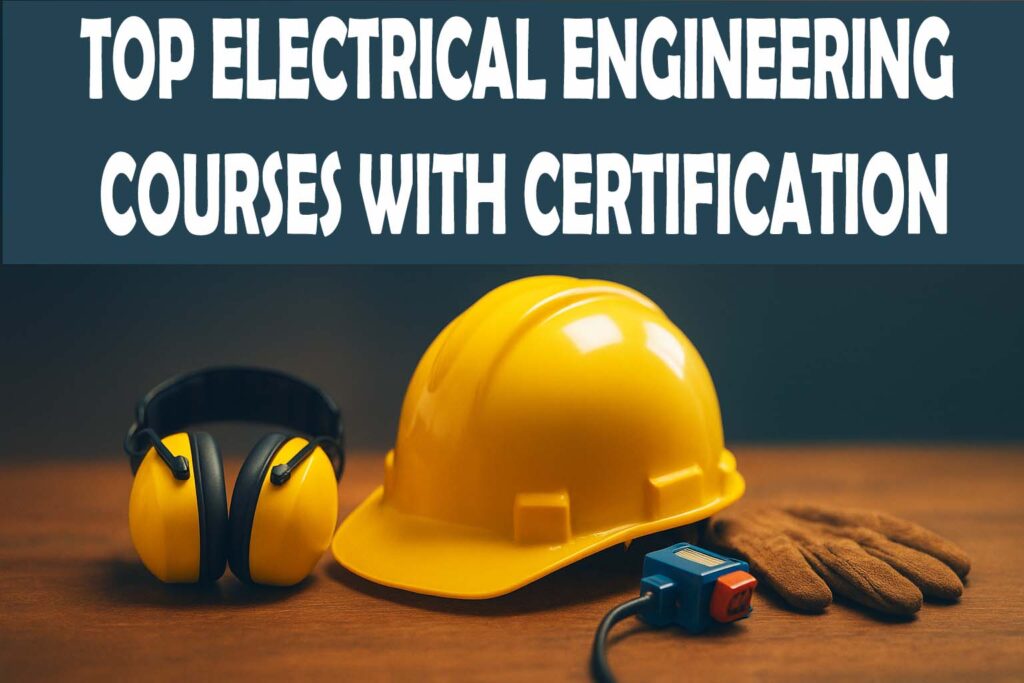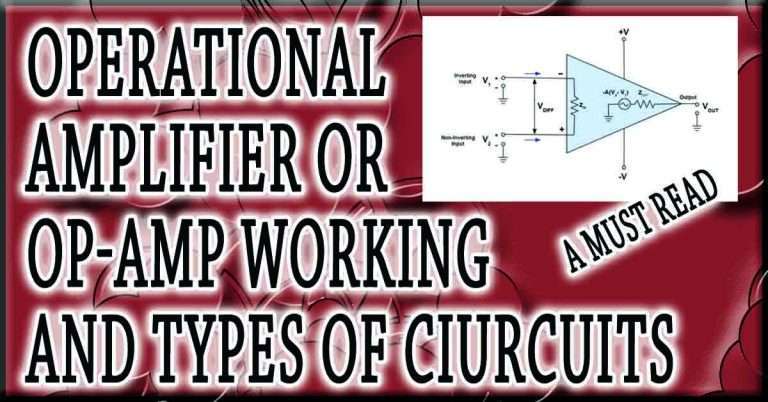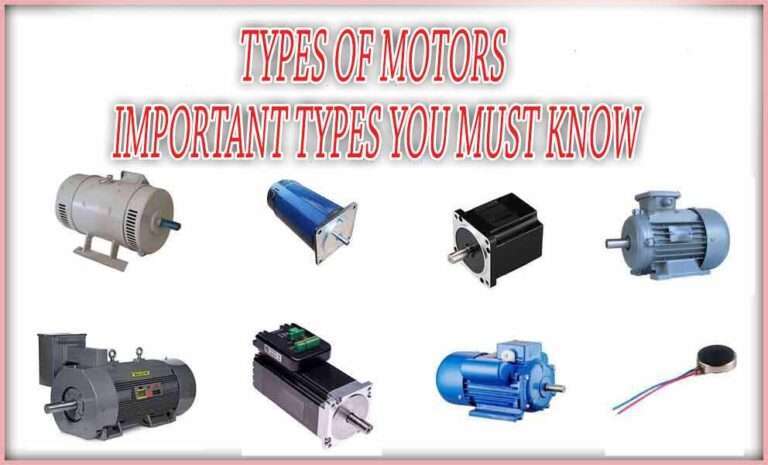Top Electrical Engineering Courses with Certification
Electrical engineering is one of the most dynamic fields in today’s technology-driven world. It combines mathematics, physics, electronics, and problem-solving to design, develop, and maintain systems that power homes, industries, and emerging technologies. From renewable energy systems to artificial intelligence, electrical engineers play a vital role in shaping the future. With global demand for skilled professionals rising, many learners and professionals are searching for Top Electrical Engineering Courses with Certification to boost their careers and stay ahead in the competitive job market.
Table of Contents
Table of Contents

The availability of online and offline learning platforms has made it easier for students, professionals, and enthusiasts to gain recognized certifications. Whether you are starting your career or looking to enhance your expertise, certification courses provide a structured pathway to acquire technical skills, industry knowledge, and practical insights. Employers value certifications because they verify that candidates have invested in structured learning and can apply advanced concepts to real-world problems.
Today, numerous universities, institutions, and online platforms offer specialized programs. Some courses focus on fundamentals like circuits, electronics, and electromagnetism, while others emphasize advanced topics such as renewable energy, power systems, and industrial automation. Choosing the right course can accelerate your professional growth and open doors to high-paying jobs.
Key Takeaways
- Certification courses in electrical engineering enhance career opportunities globally.
- Online platforms and universities both offer Top Electrical Engineering Courses with Certification.
- Specializations include power systems, control systems, electronics, and renewable energy.
- Employers value certifications as proof of advanced skills and continuous learning.
Know more about Electrical Safety Officer Certification in USA: Cost, Duration & Job Scope
Why Choose Top Electrical Engineering Courses with Certification
Electrical engineering is more than just wires, circuits, and machines. It underpins critical infrastructure such as power distribution, telecommunication, automation, and microelectronics. A professional certification ensures that you are trained in globally recognized standards. It not only upgrades your technical knowledge but also demonstrates professional credibility. Certified engineers often earn higher salaries and enjoy better job security than those without professional validation.
Additionally, certifications can be pursued at different stages of your career. Students can opt for beginner-level programs that cover circuit theory and electronics, while professionals can explore advanced certifications in renewable energy engineering, smart grids, or industrial automation. These programs provide flexible learning formats, including self-paced, instructor-led, and hybrid modes.
Top Electrical Engineering Courses with Certification – An Overview
When searching for the Top Electrical Engineering Courses with Certification, it is essential to consider course content, certification value, career scope, and industry recognition. Below is an overview of some of the most recommended programs:
| Course Name | Provider | Level | Focus Area | Certification Recognition |
|---|---|---|---|---|
| Electrical Engineering Fundamentals | Coursera (University of Colorado) | Beginner | Circuits, electronics basics | Internationally recognized |
| MicroMasters in Electrical Engineering | edX (MIT, Delft) | Advanced | Systems, electronics, power | Globally respected |
| Power Systems Engineering Certification | NPTEL / IITs | Intermediate | Power generation, transmission | High value in Asia & Middle East |
| Renewable Energy Systems Certification | FutureLearn / Udemy | Beginner to Pro | Solar, wind, smart grids | Widely recognized |
| Professional Certificate in Industrial Automation | Siemens / Coursera | Professional | PLCs, SCADA, automation | Industry specific |
| Embedded Systems and IoT Certification | edX (University of Texas) | Intermediate | Embedded design, IoT, microcontrollers | High demand globally |
| Professional Engineer (PE) Electrical | NCEES (USA) | Professional | Comprehensive PE exam | Regulatory recognition in USA |
These courses are designed for diverse learners, from entry-level students to industry professionals aiming to upgrade their technical portfolios.
Know more about Electrical Safety Officer Roles & Responsibilities
Electrical Engineering Fundamentals – Building Strong Foundations
For beginners, courses that focus on fundamentals are the stepping stone to deeper understanding. Electrical engineering fundamentals typically cover Ohm’s law, circuit analysis, semiconductors, signals, and systems. Platforms like Coursera and Khan Academy offer structured introductory programs that provide certificates upon completion. These courses are essential for students aiming to pursue bachelor’s or master’s degrees in engineering.
Fundamental certifications are not only useful for academic progression but also for industry placements. Employers often look for candidates who can demonstrate hands-on skills in analyzing circuits, understanding circuit behavior, and applying theoretical concepts in laboratory experiments.
MicroMasters in Electrical Engineering – Advanced Academic Pathways
Learners seeking in-depth academic rigor can explore MicroMasters programs offered by institutions like MIT and Delft University through edX. These programs are modular and allow you to gain graduate-level knowledge at a fraction of the cost of a traditional degree. Subjects include power electronics, signal processing, electromagnetism, and semiconductor devices.
A key benefit of MicroMasters certifications is that they can be transferred as credits toward full master’s programs. This dual advantage of skill enhancement and academic progression makes them one of the Top Electrical Engineering Courses with Certification available today.
Power Systems Engineering Certification – High Industry Demand
With the rising demand for reliable electricity and the global transition toward sustainable energy, certifications in power systems engineering are among the most valuable. Institutions like IITs (through NPTEL) and professional organizations such as IEEE offer certifications in topics like power generation, transmission, smart grids, and fault analysis.
These certifications equip engineers with the ability to design stable power networks, integrate renewable energy sources, and troubleshoot large-scale electrical systems. They are particularly useful for engineers working in utility companies, infrastructure projects, and high-voltage system design.
Know more about DEWA Electrical License Guide for Solar Projects in Dubai
Renewable Energy Systems Certification – The Future of Energy
The global shift towards green energy has created immense opportunities for electrical engineers. Courses in renewable energy systems cover solar photovoltaic design, wind turbine technology, energy storage, and grid integration. Platforms like FutureLearn and Udemy offer beginner-to-professional certifications that are globally accessible.
Certified professionals in renewable energy systems can work with solar companies, energy consultancies, and government projects focusing on decarbonization. This specialization not only opens up career opportunities but also contributes to sustainable development.
Industrial Automation and Control Systems Certification
Industrial automation is one of the most exciting applications of electrical engineering. Courses in this field focus on Programmable Logic Controllers (PLCs), SCADA systems, sensors, and industrial robotics. Siemens and Rockwell Automation offer professional certifications that are highly valued in industries such as manufacturing, oil and gas, and automotive.
These certifications enhance your expertise in designing automated production lines, maintaining industrial equipment, and optimizing processes. Given the rapid adoption of Industry 4.0, automation engineers with certifications are in high demand worldwide.
Know more about NABCEP Certification for Solar Installers: Process & Cost
Embedded Systems and IoT Certification
Another rapidly growing area is embedded systems combined with the Internet of Things (IoT). Certification courses offered by edX (University of Texas) and Coursera (University of California, Irvine) focus on microcontroller programming, real-time operating systems, and IoT protocols.
Professionals certified in embedded systems and IoT find opportunities in smart devices, automotive electronics, healthcare systems, and consumer electronics. This makes it one of the most future-proof areas under the Top Electrical Engineering Courses with Certification.
Professional Engineer (PE) Electrical – Regulatory Recognition
In the United States and some other regions, becoming a licensed Professional Engineer (PE) is mandatory for certain job roles. The certification requires passing the NCEES exam and fulfilling experience requirements. This credential validates your expertise in electrical engineering, ensuring that you can legally sign off on designs and take responsibility for engineering decisions.
Although the process is rigorous, the PE certification is one of the most respected professional validations worldwide. It often leads to higher salaries, leadership roles, and increased job security.
Choosing the Right Electrical Engineering Certification
When selecting among the Top Electrical Engineering Courses with Certification, consider the following factors:
- Your career stage: Beginners should start with fundamental or introductory courses, while professionals should choose specialized programs.
- Industry requirements: Power systems and automation certifications are highly valued in industrial and utility sectors, while IoT and embedded systems are crucial for electronics and IT.
- Mode of learning: Self-paced courses are flexible, while instructor-led programs provide structured guidance.
- Global recognition: Choose certifications from reputed universities or industry-recognized bodies.
Know more about How to Get Electrical Certification in USA & Transfer It to Europe
Career Benefits of Certified Electrical Engineering Courses
Pursuing certifications enhances your resume, improves your technical confidence, and prepares you for challenging job roles. Many employers shortlist candidates based on certifications because it signals dedication to continuous learning. Additionally, certifications often expose learners to real-world projects and case studies, which can be directly applied in the workplace.
Certified electrical engineers often secure positions such as power system engineers, control engineers, automation specialists, embedded systems developers, and renewable energy consultants. Salaries also see a significant boost, with professionals earning 20–40% more than non-certified counterparts depending on the region.
Final Thoughts
Electrical engineering remains one of the most versatile and impactful disciplines of the modern era. Choosing the right certification can be a game-changer in your academic and professional journey. From fundamentals to advanced topics such as renewable energy, automation, and embedded systems, the Top Electrical Engineering Courses with Certification provide structured learning, industry validation, and global recognition.
Follow Us on Social:
Subscribe our Newsletter on Electrical Insights for latest updates from Electrical Engineering Hub
#ElectricalEngineeringCourses, #EngineeringCertification, #BestEngineeringCourses, #TopElectricalCourses, #ElectricalEngineeringTraining, #EngineeringSkills, #ProfessionalEngineeringCourses, #EngineeringCareerGrowth, #CertifiedElectricalEngineer, #OnlineEngineeringCourses, #EngineeringEducation, #EngineeringCourseGuide, #EngineeringCertificationPrograms, #LearnElectricalEngineering, #EngineeringDevelopment


